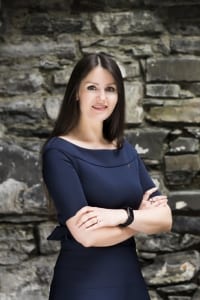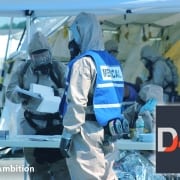Negotiating the non-negotiables: Tips for winning contracts in the US
In a David and Goliath business encounter, David stands a better chance of success if it is obvious that he is good at what he does, said Sally Hughes, CEO of the International Association for Contract & Commercial Management (IACCM), speaking at this year’s E3 Entrepreneurship Export Exchange conference, organised by Enterprise Ireland and Global Situation Room.
IACCM is a not-for-profit organisation dedicated to raising the value and integrity of trading relationships worldwide, working side-by-side with both buyers and suppliers and with both mega-corporations and SMEs.
In her presentation, Hughes covered three lists:
- the most common terms included in standard US contracts
- the most important terms included in US contracts
- strategies that SMEs need to adopt when dealing with major corporations.
She also described an example of an unnamed SME owner who negotiated a life-changing deal with retail giant Walmart and discussed how Irish firms could follow their example.
Show you’re an expert in your field
“In an environment where one side has significant buying power, as a supplier you have to demonstrate great quality and value,” she says. “More importantly, you need to present yourself as an expert in your field.
“The one area where there will inevitably be negotiation is price but it’s critical not to get dragged down in those discussions early on. In fact, in the first few meetings you don’t want to be negotiating price at all. The key to meaningful negotiation, and to the effective management of risk, is to get to know the buyer well.”
In Hughes’s Walmart example, the successful SME supplier spent 18 months getting to understand the retail giant’s needs. Notably, when the supplier was offered a contract with Walmart’s non-negotiable conditions, his lawyer warned him that the terms were ‘too risky’ and could cause the collapse of his business but the supplier continued to negotiate a deal.
Negotiating contracts in the US
According to Hughes, the terms most commonly negotiated in standard contracts in the US include:
- Limitations of liability
- Indemnification
- Price, charges and price changes
- Termination of contract
- Scope and specification
- Warranty
- Performance guarantees and undertakings
- Payment terms
- Data protection, security and cyber-security
- Liquidated damages.
Indeed, the IACCM chief said that, very often in contract negotiations, the areas that partners battle over the most are not always the most important. Hughes advised that the most important contract terms to focus on are those that will contribute most to your success, largely:
- Scope and goals
- Responsibilities
- Prices, charges and price changes
- Service levels
- Performance, guarantees, undertakings
- Limitation of liability
- Payment terms
- Warranty
- Product specification
In the Walmart case, the SME owner believed he had to be better than the competition at accepting and managing risk. As part of his deal with the retailer, he requested access to sales data so that he could assume responsibility for ensuring that his products moved off the shelf.
“Success depends on the quality of the information flow from buyer to seller,” said Hughes. “Transparency is key and is in both parties’ best interest. This is about a partnership, no matter what your relative side.”
Winning business in the US
If you want to win business from bigger customers than you have ever had before in the United States, Hughes advised following these strategies:
- Be better than your competition at accepting and managing risk
- Demonstrate your expertise and educate your buyer – before discussing price
- Get the buyer emotionally involved in your product or service
- Demand quality information flows between you and your customer
- You might not be able to negotiate ‘boilerplate’ – the standard terms and conditions listed at the end of most contracts – but you can ensure you implement good governance through communication protocols and problem-solving techniques
- Even if it seems like a David and Goliath scenario, it is about a partnership. Big buying power doesn’t have to mean big negotiation power – that is down to you.
“Selling in the US market takes planning and it takes persistence,” added Hughes. “You need to understand who you are selling to, what rules and procedures they’ll be following, how will they measure value and what weightings they’ll apply to selection criteria.
“You’ll also need to have developed a negotiation strategy, how you will convince them that you are a reliable supplier committed to the market, that you are an expert in your field, that you are passionate about your product or service and that you understand fully the nature of your competition. You need to educate your buyer.”
Read more on doing business in the US market.


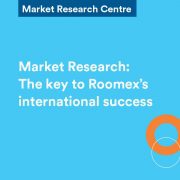
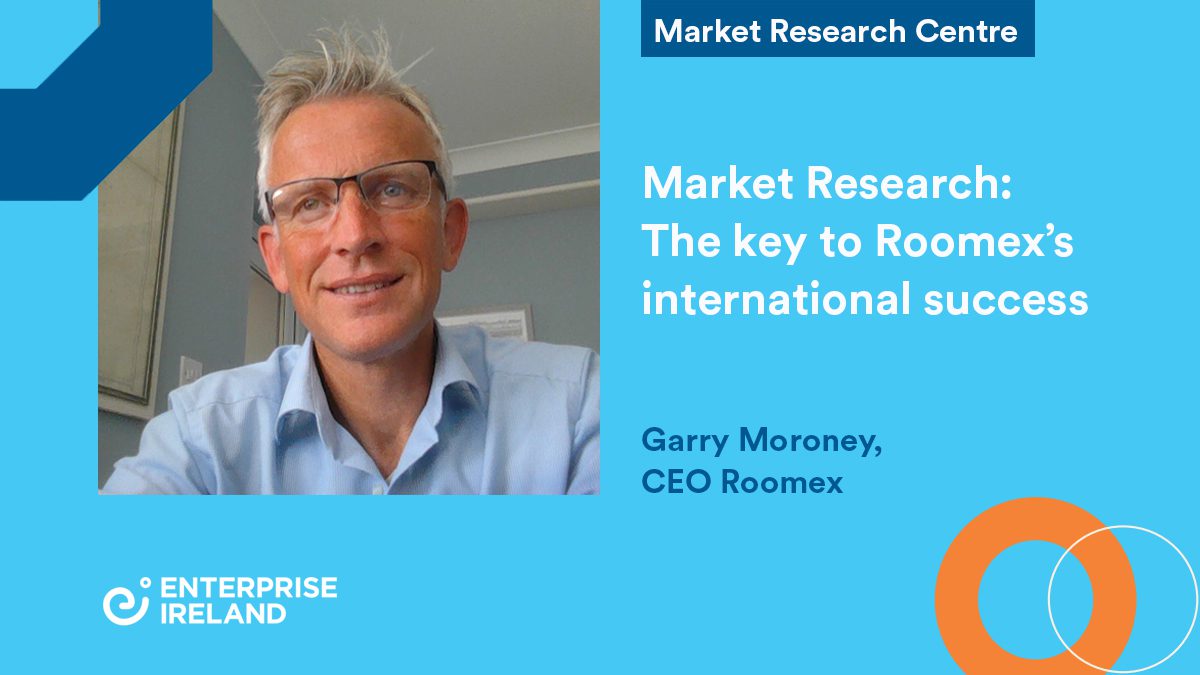





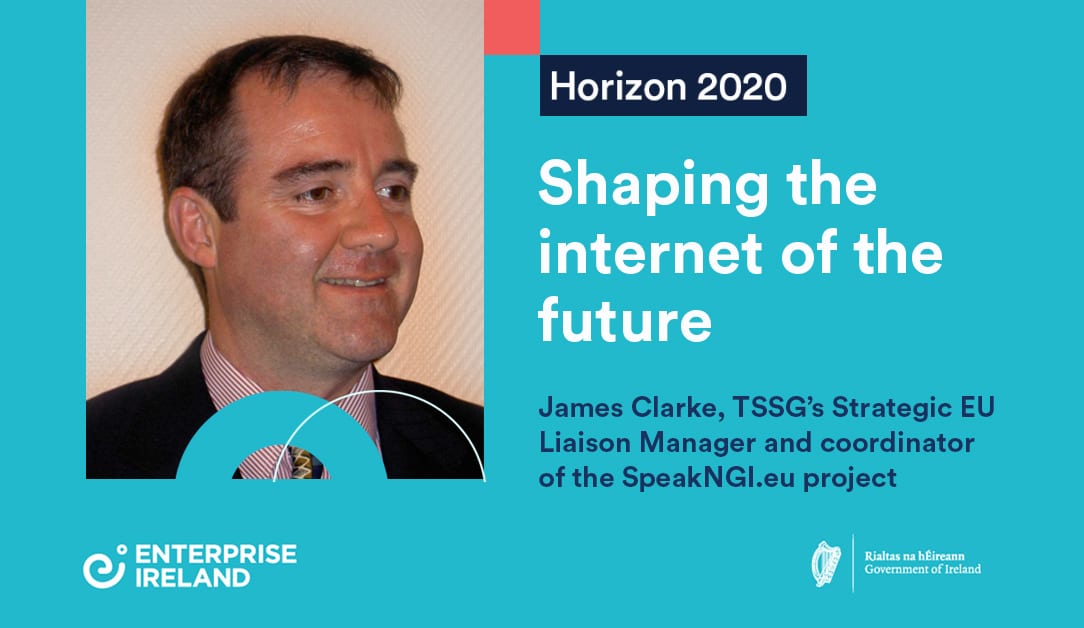

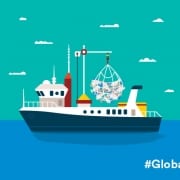
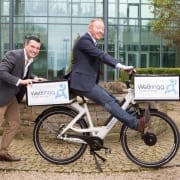
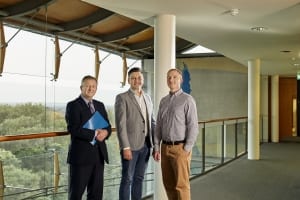
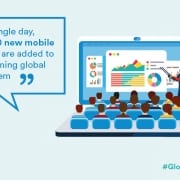
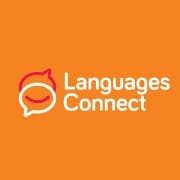

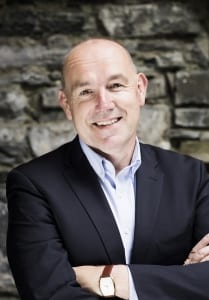
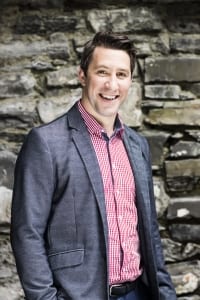 CFO Greg Stafford said, “Diabetes is a massive global epidemic, with more than 400 million people suffering from the condition. We have the potential to make an extraordinary impact on the incidence of diabetes as Nuritas has identified and unlocked bioactive peptides with the potential to prevent this condition. We are honoured to have received a multimillion euro
CFO Greg Stafford said, “Diabetes is a massive global epidemic, with more than 400 million people suffering from the condition. We have the potential to make an extraordinary impact on the incidence of diabetes as Nuritas has identified and unlocked bioactive peptides with the potential to prevent this condition. We are honoured to have received a multimillion euro 